Course Descriptions & Resources
Take a closer look at some of the course topics covered in the MHS program curriculum. These free resources have been carefully selected by MHS faculty to help you better understand and effectively prepare for the rigors of the program.

Anatomy
The Human Anatomy course provides a comprehensive exploration of the structure and function of the human body. It covers key anatomical systems through the regional study of the back, limbs, thorax, abdomen, pelvis, head, and neck.
Through a combination of lectures, lab sessions with prosected cadavers, and interactive learning activities, students gain a thorough understanding of anatomical terminology, spatial relationships, and the clinical relevance of human anatomy. The course emphasizes both theoretical knowledge and practical application, preparing students for advanced studies in healthcare, medicine, and related fields.

Biochemistry
A Biochemistry course explores the chemical processes that sustain life, focusing on the molecular structures and functions of biomolecules such as proteins, lipids, carbohydrates, and nucleic acids. Students learn about enzyme kinetics, metabolic pathways, gene expression, and cellular signaling, gaining insight into how biochemical reactions regulate physiological functions.
The course integrates principles of chemistry and biology to explain the mechanisms of energy production, molecular interactions, and disease development. Through lectures, laboratory experiments, and problem-solving exercises, students develop a strong foundation for careers in medicine, biotechnology, research, and related fields.

Genetics
A Genetics course examines the principles of heredity, gene function, and genetic variation in living organisms. Students explore topics such as DNA structure and replication, gene expression and regulation, Mendelian and non-Mendelian inheritance, genetic mutations, and evolutionary genetics.
The course also covers modern advancements in genetic technology, including gene editing, biotechnology, and genomics. Through a combination of lectures, laboratory experiments, and data analysis, students gain a deeper understanding of how genes influence traits, diseases, and population dynamics, preparing them for careers in medicine, research, and biotechnology.

Immunology
An Immunology course explores the structure and function of the immune system, focusing on how the body defends itself against pathogens while maintaining tolerance to self. Students study innate and adaptive immunity, antigen-antibody interactions, immune cell signaling, hypersensitivity reactions, autoimmunity, and immunodeficiencies.
The course also covers applications in immune memory and tolerance, mucosal immunity, and vaccines. Through lectures, reading assignments, videos, and practice questions, students develop a deeper understanding of immune responses in health and disease, preparing them for careers in medicine, biomedical research, and biotechnology.

Microbiology
A Microbiology course explores the biology of microorganisms, including bacteria, viruses, fungi, and parasites, with an emphasis on their structure, function, and role in human health and disease. Students learn about microbial genetics, metabolism, pathogenesis, and immune system interactions, as well as methods for controlling microbial growth.
The course also covers the application of microbiology in medicine, biotechnology, and environmental science. Through lectures, case studies, and practice questions, students will develop a thorough understanding of microbiological principles and their clinical applications pertaining to infectious diseases they cause, preparing them for careers in healthcare, medicine, and biomedical sciences.
- Doc Kaiser’s Microbiology Course (online course)
- Murray's Basic Medical Microbiology: Foundations and Clinical Cases 2nd Edition by Patrick R. Murray (Textbook)
- Bacterial Structure and Functions (video)
- Viral Structure and Functions (video)
- Introduction to Mycology (video)
- Introduction to Parasites (video)

Physiology
The Human Physiology course explores the functions and mechanisms of the human body, focusing on how various organ systems work, both individually and collectively, to maintain homeostasis. Topics include the nervous, cardiovascular, respiratory, endocrine, muscular, and renal systems, with an emphasis on regulatory processes and physiological responses to internal and external stimuli.
Through lectures and case studies, students develop a deep understanding of physiological principles and their clinical applications, preparing them for careers in healthcare, medicine, and biomedical sciences.

